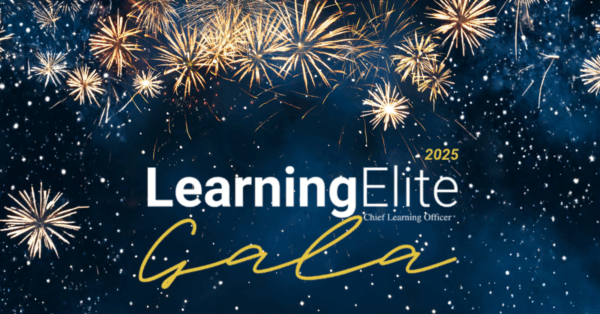There is a major learning crisis in this country. Recent research shows that, in education, Americans are falling behind other nations and lack the critical skills needed to compete and win in the global marketplace.
While that is happening, global-scale surveys from employers reveal disenchantment with college graduates’ skills. The sad fact is that we do have a learning crisis, and if we do not do something about it, Americans will have a lower standard of living in the future.
While this is going on, fingers are pointing in many directions. Leaders in the K-12 systems continue to receive criticism. Colleges and universities are being accused of being overpriced and producing poor outcomes. Corporate executives are now being called out for failing to sufficiently invest training and development dollars in their employees.
Learning is beginning to take on the tenor of our leaders in Washington, D.C., where the title of “the gang that couldn’t shoot straight” would be a huge upgrade for those men and women.
Worse, the data are really disconcerting, especially when it comes to the generations. Research from the Organization for Economic Co-operation and Development looked at the critical skills of literacy, reading components, problem solving in technology-rich environments and numeracy — math to the old-school readers. Americans 55 and older scored above their international counterparts. Those in the middle age group were about average, and the younger generation of Americans scored significantly below international competitors.
The really bad news about this is the older generations are already on their way out of the workforce, retiring at a rate of some 10,000 per day. That means employees who are well-equipped are being replaced by those who are least equipped at an accelerating rate.
But it’s not very productive to merely read the data and weep. We need to do something. Given the near political dysfunction in the nation’s capital, I am not very optimistic that a solution is going to come from our political leaders. In fact, there are few sources of real leadership outside of our own organizations. In the end, the leadership will have to come from us. It will take vision and courage.
What does that vision look like, and how will the courage manifest itself in an age when decision horizons stretch barely beyond the end of the trading day on Wall Street? I have a few suggestions. Some may seem impractical, but in the midst of our downward spiral, they might catalyze some form of proactive response.
The still passionate debate about the form of learning drains energy from our efforts. While senior leaders demand that we do more with less, cash piles up on corporate balance sheets. At the same time, the American Federal Reserve System has been pumping $85 billion a month into our economy. That cash is not being invested in our economy; it is sitting idle on our organizations’ balance sheets.
The magnitude of our companies’ failure to invest is apparent in the cash balances. Banks are sitting on an estimated $2 trillion of excess reserves they do not lend. Bankers blame it on the lack of loan demand. At the same time, companies are sitting with another near $2 trillion on their balance sheets.
This cash position might be justified — many accountants defend the position as safe and prudent — were we not continuing to fall behind the rest of the world in workforce development, which virtually every CEO claims is the most important asset.
The truth is, we are not walking the talk. As a result, we are falling ever further behind our global competitors to the detriment of our children and grandchildren. They deserve better. As learning leaders we have the potential to make a contribution to correct this. Let’s lead.
Michael E. Echols is the vice president of strategic initiatives at Bellevue University and the author of “Your Future Is Calling.” He can be reached at editor@CLOmedia.com.













